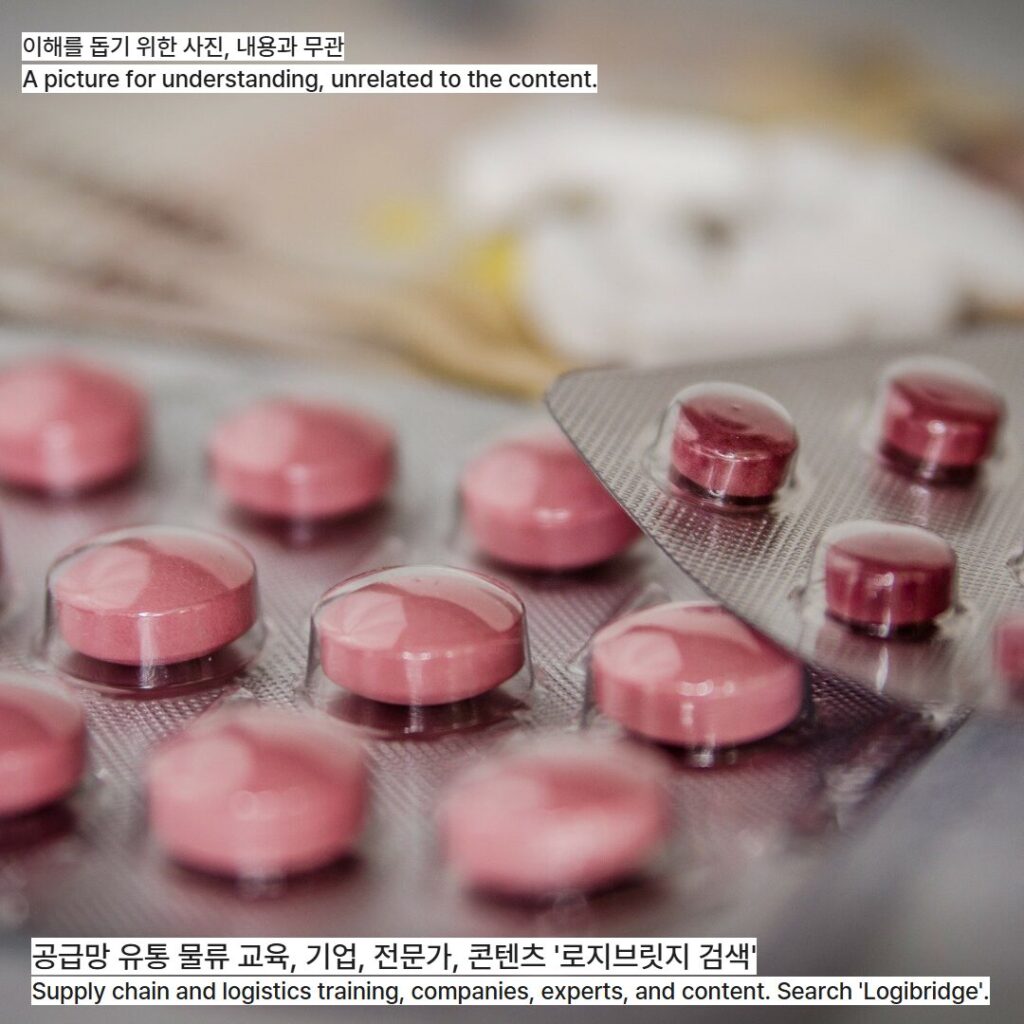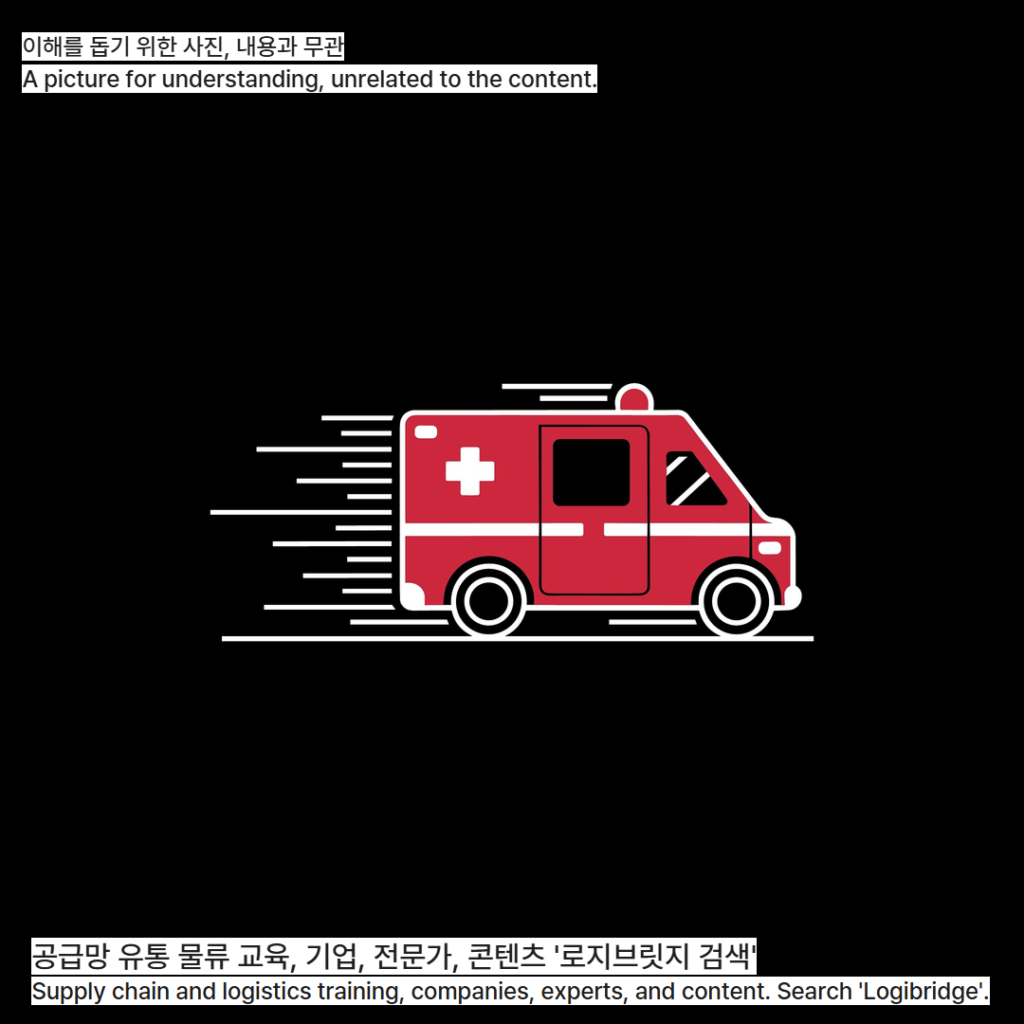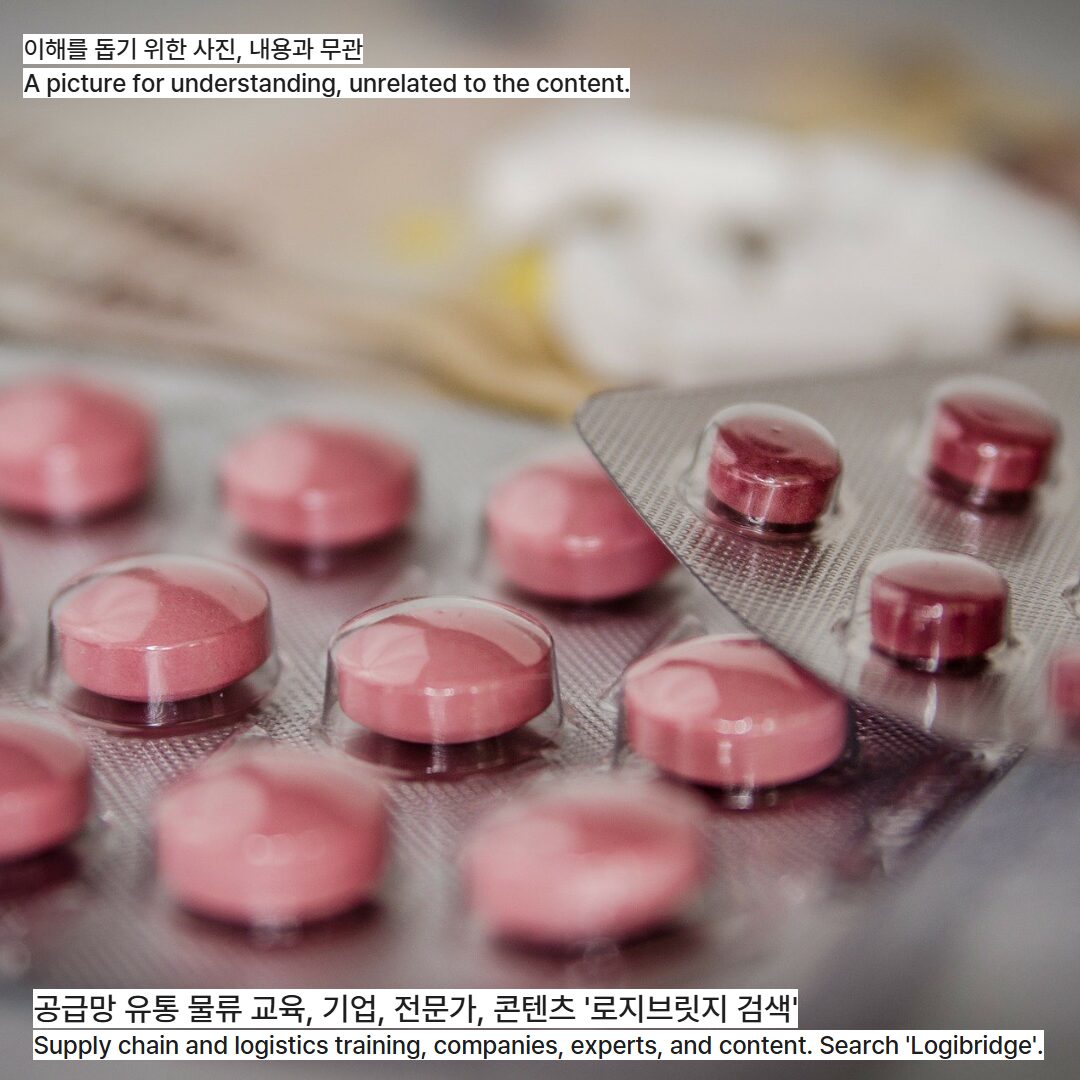As telemedicine moves toward legalization in Korea, prescription drug delivery has become a hot issue. The challenge is finding a balance between patient convenience and drug safety.

Prescription Delivery: Where Are We Now?
With the legalization of telemedicine on the horizon, prescription drug delivery is once again under debate. Currently, delivery is allowed only in limited cases such as remote islands, mobility-impaired patients, and rare disease patients. However, lawmakers and the Ministry of Health are considering codifying limited drug delivery into the Medical Services Act.

Pharmacists’ Concerns
The Korean Pharmaceutical Association strongly opposes the measure. Concerns include drug degradation, lack of counseling, and misuse of controlled substances. Reports from local media note that pharmacists fear large online pharmacies would dominate, threatening local community pharmacies’ survival.
Patients and Consumers’ Demands
Patient groups advocate for delivery, emphasizing that telemedicine without delivery defeats its purpose. Statistics show that since 2020, 4.92 million patients have used telemedicine, mostly chronic disease patients. They argue it is unreasonable for patients to receive consultations online but still collect prescriptions in person.
Government and Parliament’s Dilemma
The government is considering a limited exemption under the Medical Services Act, without changing the Pharmaceutical Affairs Act. This has fueled distrust among pharmacists. Some argue that partial legalization could serve as a buffer against full-scale implementation, indicating divided opinions within the pharmacist community.

Global Perspectives
- United States: Amazon Pharmacy and Walmart offer prescription delivery, excluding opioids and controlled substances. FDA enforces legality through the VIPPS seal.
- Japan: In 2022, Japan legalized delivery alongside telemedicine, with pharmacist counseling via phone or video. By 2023, even insulin and cancer drugs were allowed for drone delivery to underserved areas.
- Germany: Since 2004, prescription drug mail delivery has been legal, with about 20% of pharmacies licensed. All drugs must be checked by a pharmacist before shipment, and EU seals mark legitimate providers.
Looking Ahead
Korea still lacks a social consensus. Pharmacists stress safety and professional authority, while patients emphasize convenience and access. Following models from Japan, Germany, and the U.S., Korea may adopt a hybrid solution: strict pharmacist involvement, certified online pharmacies, and controlled drug restrictions. The key question remains: “How can safety measures and patient needs be balanced?”
#PrescriptionDelivery #Telemedicine #PharmacyAssociation #PatientGroups #HealthcarePolicy #DrugSafety #OnlinePharmacies #KoreanHealthcare #PharmacistConcerns #MedicalLaw #PrescriptionDebate #DrugDeliveryKorea #HealthcareFuture #HealthcareReform #PharmacyRights #PatientConvenience #HealthcareAccess #GlobalHealthcare #AmazonPharmacy #JapanTelemedicine #GermanyHealthcare #HealthcareBalance #PharmaceuticalPolicy #TelehealthKorea #HealthcareTrends #ControlledSubstances #DigitalHealthcare #KoreanPolicy #PrescriptionAccess #HealthcareInnovation
